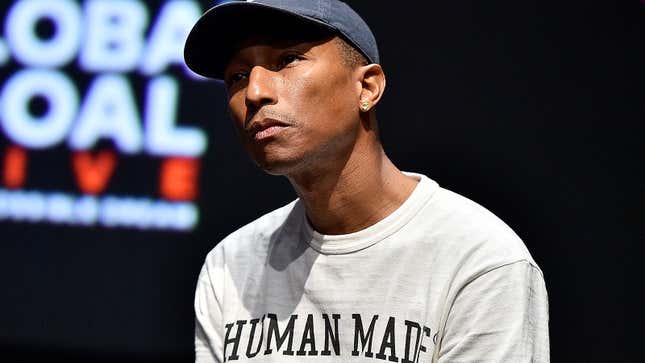Pharrell Says Criticism of 'Blurred Lines' as 'Rapey' Opened His Mind
Entertainment

Pharrell Williams is the gown-clad cover star of GQ’s “New Masculinity” issue, and the accompanying interview finds him making many socially conscious observations. One of them is: “I just read the Declaration of Independence the other day and my jaw dropped. Referring to the Native Americans as merciless savages—that’s in the Declaration of Independence, bro.”
-

-

-

-

-

-

-

-

-

-

-

-

-

-

-

-

-

-

-

-

-

-

-

-

-

-

-

-

-

-

-

-

-

-

-

-

-

-

-

-








































